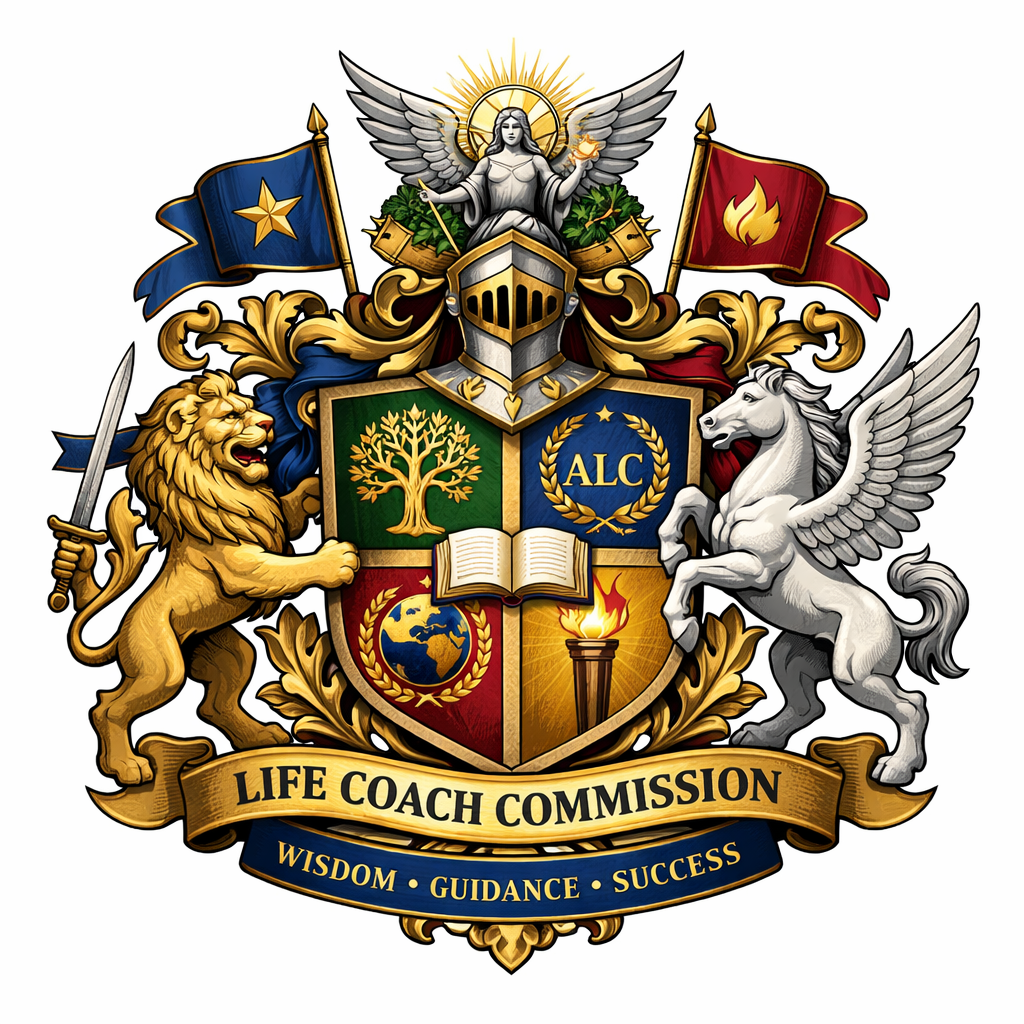Certified Life Coach Federation - Accredited Life Coach and Certified International Life Coach - Since 2004

|
4. Personnel services – Employee education and training on topics such as ethical concerns related to health, environment, or corporate philanthropy decisions) and employee counseling In the United States, businesses are often judged by their socially responsible behaviors. Most people agree that these include the following specific elements: equal employment opportunity for all citizens regardless of their race, religion or sex; respect for employees’ diversity, safety, and health in the workplace; and assurance and full disclosure on the quality of products and services. If any one of these elements is ignored or abused, a business is likely to be subjected to a penalty and sometimes, legal action.
When an employee discovers unethical, immoral or illegal actions at work, the employee makes a decision about what to do with this information. Whistleblowingis the term used to define an employee’s decision to disclose this information to an authority figure (boss, media or government official). Entrepreneurship and Management [xvi]
Are you a good decision maker? Decisions, decisions, decisions.
It seems like every time we turn around, we have to make more decisions. The question is, "Are you a good
decision maker?" If you aren't (or don't think you are), there is no need to worry. Decision-making is a skill
that can be learned by anyone. Although some people may find this particular skill easier than others, everyone
applies a similar process.
|
|
Certified Life Coach Council ™
"We now accept the fact that learning is a lifelong process of keeping abreast of change. And the most pressing task is to teach people how to learn." -- Dr. Peter Drucker, Austrian-born American management consultant, educator |
Home Home Recognition Founder Membership Awards Government Jobs Events Careers Continuing Education Ethics Handbook Honor Society News Degrees Links Disclaimer Business Coach Handbook
All Rights Reserved 1996-2026 - IBS LLC International Board of Standards - Accreditation and Certification - Global Certified Life Coaching Institute
International Life Coach Consulting Foregin Relations Public Policy Council
ALC Accredited Life Coach - Trade Mark Since 2004 CILC Certified International Life Coach Trade Mark Since 2004

